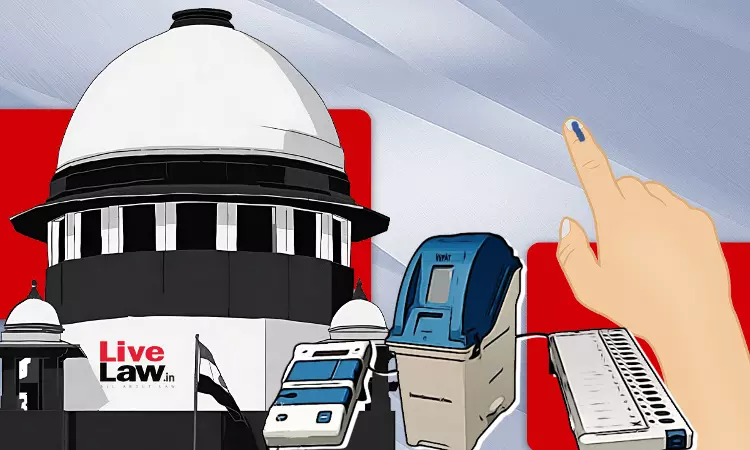How Duplicate Voter Entries Are Determined? Supreme Court Asks Election Commission Of India
Anmol Kaur Bawa
5 Feb 2024 9:09 PM IST

Next Story
5 Feb 2024 9:09 PM IST
The Supreme Court on Mondayy (February 5) sought the response of the Election Commission Of India(ECI) on certain specific queries regarding the deletion of duplicate entries from the electoral rolls. A bench led by the Chief Justice of India posed two important questions to Amit Sharma, the standing counsel appearing for ECI; firstly, how does the ECI determine that certain entries...
